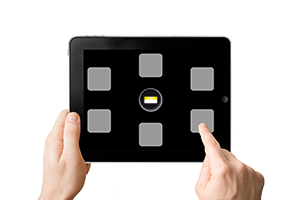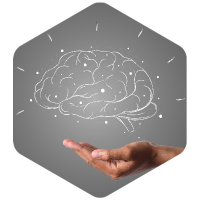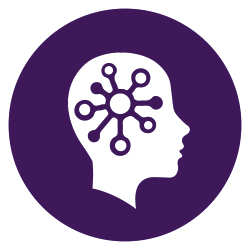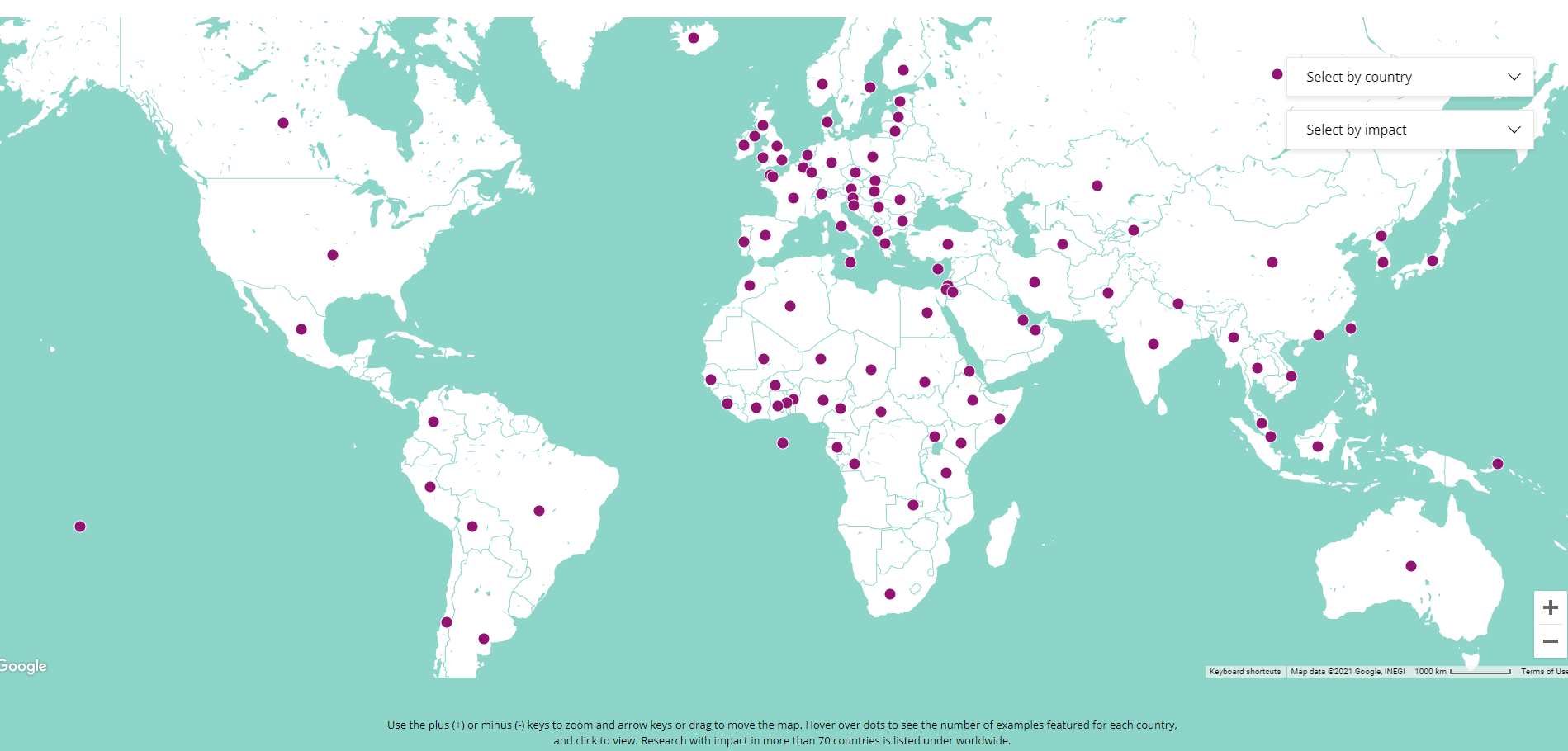Neuroscience, Psychology and Behaviour are three pillars of research that allow us to address questions on how the nervous system works, the changes that drive psychological and neurological disorders, and understand how and why animals and humans interact with the world around them. The Neuroscience, Psychology and Behaviour Research Theme brings together more than 80 interdisciplinary scientists studying all aspects of the nervous system and behaviour, from the biology of individual nerve cells through to the function of the brain and nervous system including vision, hearing, cognition, pain, memory, addiction, and social and group behaviours. Grouping neuroscientists, experimental and social psychologists and behaviourists from a range of research backgrounds provides a unique opportunity to push the boundaries in these fields to understand how the nervous system is structurally and functionally interlinked with the living body and the wider world.
Grand Challenge Topic
Mental health and illness across scales, species and society
Mental health issues are projected to be one of the world's biggest causes of ill health by 2030. In response, the Neuroscience, Psychology and Behaviour Theme is building a network of researchers to develop opportunities that cut across multiple disciplines and improve the linkage of biological mechanisms with social and environmental drivers of mental health and illness.
Recent Discoveries
Women in England had predominantly negative experiences of childbirth during pandemic in 2020, survey finds
47% of parents in a national survey reported negative experiences of giving birth during the pandemic in 2020, with uncertainties about rapidly changing restrictions and poor communication from healthcare providers causing them increased anxiety and distress.
This is in contrast with 33% of parents who said they had a positive experience, and 20% who had a ‘neutral’ experience of giving birth in England during this time. The authors, from the Department of Psychology, say these predominantly negative childbirth experiences appeared to be linked to a loss of choice and control, and lack of clear communication from healthcare providers. Read
Wider Impact

Influencing policy and legislation on diverse family forms
Advances in reproductive technologies and changing social attitudes are resulting in diverse family forms; lesbian mother families, gay father families, single mothers by choice, and families created by sperm donation, egg donation, embryo donation and surrogacy.
Susan Golombok has pioneered research on diverse family forms, challenging commonly held assumptions about these families as well as widely held theories of child development. Her work has shown that children from these families experience high quality parenting and show low levels of emotional and behavioural problems. Read

CANTAB: a tool to detect early Alzheimer’s disease
Alzheimer’s disease and related dementias are not only devastating to those affected but are also widely recognised to provide major caregiver and economic burden.
The Cambridge Neuropsychological Test Automated Battery (CANTAB) underpinned by research at the University of Cambridge was invented to bridge a translational gap between basic neuroscience and classical neuropsychological assessment. CANTAB revolutionises the detection of cognitive impairment in routine clinical care by replacing traditional paper-and-pencil-based cognitive testing with a computerised ‘objective’ mode of measurement. Read
Theme Leads
Theme Members
A - F
Simon Baron-Cohen
Tristan Bekinschtein
G - M
Gregory Jefferis
Ragnhildur Thora Karadottir
O - Z
Katrina Plaisted-Grant
Hugh Robinson
Christof Schwiening
Denes Szucs










